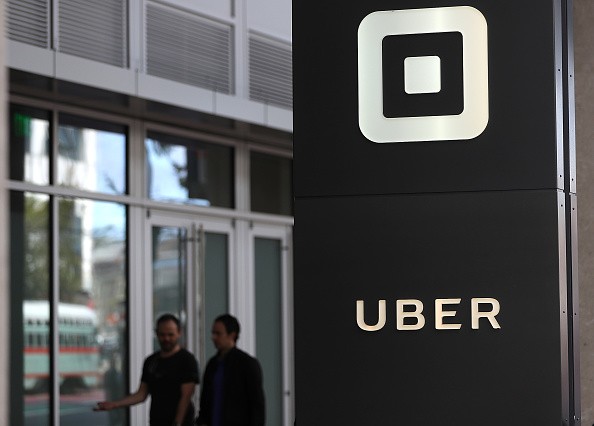Uber China is set to roll out a major upgrade to its mobile app and expand into 400 cities across China by the end of the year, the company said in a joint announcement with its local partner DiDi Chuxing on Tuesday.
The two top ride-hailing companies said that the upgrade "the beginning of a renewed quest for product innovation across the two services."
Uber China merged with Didi earlier in August, acquiring 17 percent of the company as part of a massive $35 billion deal.
According a report by the state-owned Xinhua News Agency on Wednesday, the upgrade will enable "back-end integration" between Uber China and Didi.
The updated app will retain Uber China's popular settings, such as its intuitive user interface and 24-hour in-app customer service, and introduce elements from DiDi's highly successful local design, the report said.
Both companies vowed to synchronize ride dispatches to qualified DiDi and Uber China drivers and bring positive results in efficiency, according to the joint statement.
Prior to the merger, both companies competed against each other in granting subsidies to users in order to grab market share, leading to financial pressures.
Since the merger, users have complained of higher costs on the higher costs on the two ridesharing apps. China's Ministry of Commerce (MOC) has announced it will investigate the transaction over monopoly concerns.
Ministry spokesperson Shen Danyang said in September that Uber China and Didi failed to notify the MOC before signing the merger deal, as required by China's Anti-Monopoly Law and other regulations.
DiDi, now one of the world's leading providers of comprehensive mobile transportation services, now offers a wide range of web-based mobility options for some 300 million users in more than 400 Chinese cities. The company is also backed by formidable investors including Tencent, Alibaba, and Apple.



























